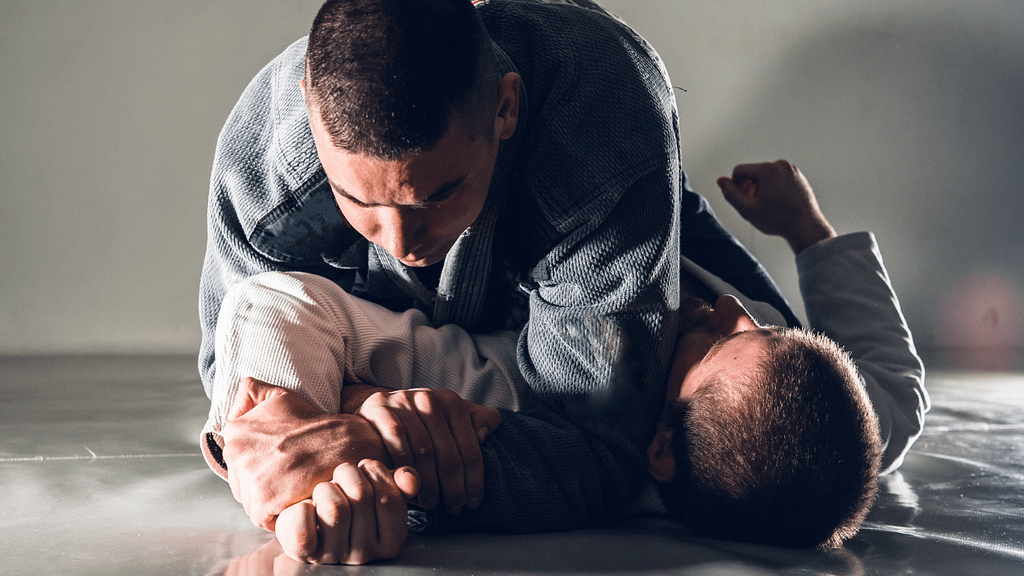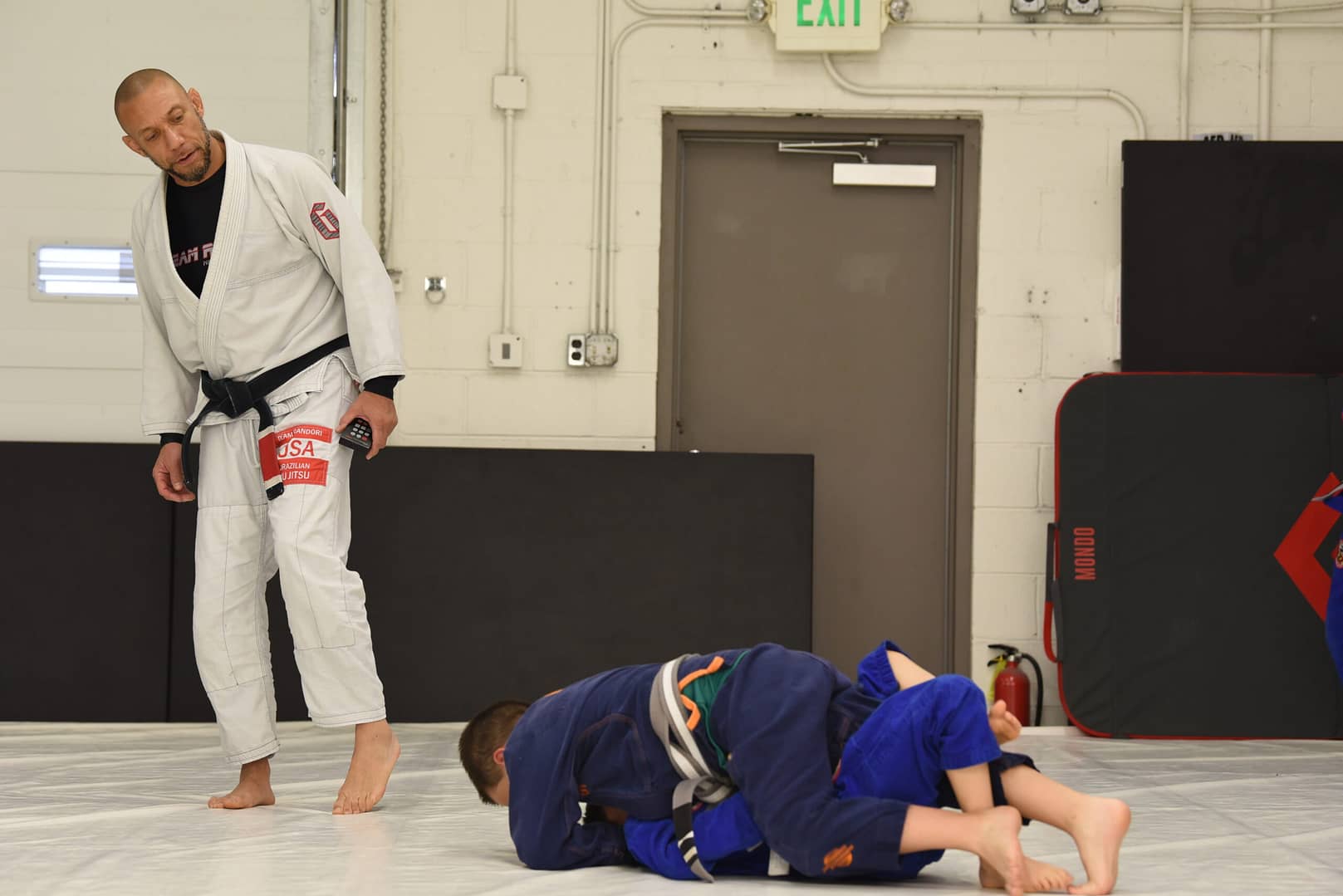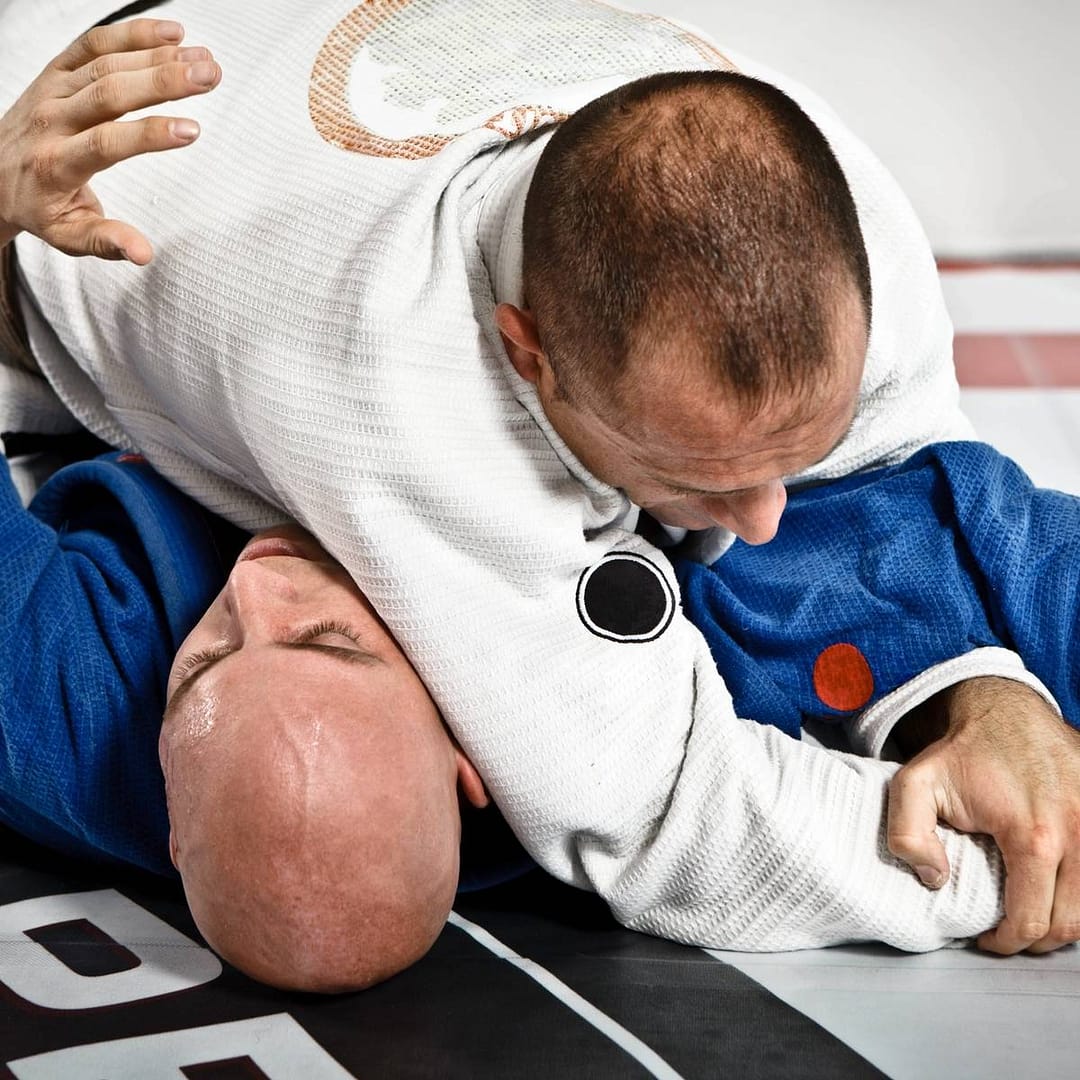
Seek out challenges, embrace discomfort, and push yourself to new limits. In these moments of adversity, your true potential is tested. While easy paths may seem appealing, they rarely offer the opportunity for personal growth. It’s the tough situations—the steep learning curves and seemingly impossible tasks—that foster resilience, strength, and development. Through these experiences, you discover abilities you never knew you had.
This journey will not be without its trials, but each obstacle becomes an opportunity to evolve and become a stronger version of yourself. Take on intimidating projects, face physical and mental challenges that others might avoid, and willingly dive into difficult situations. By doing so, you not only survive—you thrive and emerge better prepared for life’s future demands.
In this pursuit of growth, one discipline that perfectly embodies these principles is Brazilian Jiu-Jitsu (BJJ). Training in BJJ is not only about physical combat; it is a constant mental and physical test that demands resilience, adaptability, and a willingness to embrace discomfort.
Brazilian Jiu-Jitsu: The Perfect Challenge
Brazilian Jiu-Jitsu is often referred to as “the gentle art” because it focuses on technique over brute strength. But make no mistake—BJJ training is one of the most effective ways to build physical and mental toughness. The art revolves around ground fighting, using leverage, positioning, and submissions to control and defeat an opponent. Here’s how the key components of BJJ training contribute to personal growth:
- Technique and Skill Development: Unlike many martial arts, where power and speed dominate, BJJ emphasizes precision and skill. You learn techniques that require patience and strategy—understanding body mechanics, leverage, and timing. This methodical approach teaches you to focus, break down problems into manageable parts, and apply knowledge incrementally, much like solving real-world challenges.
- Rolling (Sparring): Sparring in BJJ, also known as rolling, is a core element of the practice. It involves live, full-contact grappling against resisting partners. Rolling pushes your limits both physically and mentally. You face adversity as you are constantly put in uncomfortable positions, forced to problem-solve under pressure. This mirrors life’s unpredictable challenges, where you learn to stay calm, think clearly, and adapt in the heat of the moment.
- Resilience and Mental Toughness: The constant battle to escape bad positions or secure submissions builds both physical endurance and mental fortitude. Being submitted or dominated in sparring teaches you how to manage failure with humility and patience. Over time, you learn that setbacks are not the end but rather part of the learning process—helping you grow stronger, both on and off the mats.
- Physical Fitness: BJJ provides a full-body workout that improves strength, flexibility, and cardiovascular endurance. The physical demands of training prepare your body to handle stress, while the mental focus required during technique execution enhances concentration and problem-solving skills.
- Self-Defense: BJJ is a highly effective form of self-defense, as it allows a smaller person to control a larger, stronger opponent using leverage and technique. Training provides confidence in your ability to protect yourself, which transcends into everyday life—empowering you to handle difficult situations calmly and effectively.
- Community and Humility: Training with others in BJJ builds camaraderie and mutual respect. Regardless of rank, everyone helps each other improve. This environment fosters humility, as even the most experienced practitioners still learn and grow. BJJ emphasizes continuous improvement, and the humility developed on the mats translates into a mindset of lifelong learning in all areas of life.
Benefits of Training Brazilian Jiu-Jitsu
The benefits of BJJ go beyond the physical, impacting mental, emotional, and psychological growth:
- Stress Relief: Training in BJJ is an excellent way to relieve stress. The intense physical activity and focus required during sparring allow you to release built-up tension while sharpening your mind.
- Problem-Solving Under Pressure: BJJ forces you to think and act quickly under pressure. The ability to stay calm in chaotic situations is a skill that can be applied in stressful real-life scenarios.
- Patience and Perseverance: Mastering techniques in BJJ takes time and repetition. This teaches patience and the value of perseverance, as each small improvement brings you closer to mastery.
- Self-Discipline: Regular training requires commitment, self-discipline, and the willingness to show up, even on days when you don’t feel like it. This discipline extends into all aspects of life.
- Confidence and Empowerment: As you improve in BJJ, you build confidence not only in your physical abilities but also in your problem-solving skills and resilience. This confidence translates into a greater sense of self-empowerment in everyday life.
Bruce Lee once said, “Do not pray for an easy life; pray for the strength to endure a difficult one.” Brazilian Jiu-Jitsu is a perfect example of this philosophy in action. It teaches you to embrace discomfort and seek out challenges, knowing that they are the keys to growth.
Applying the BJJ Mindset to Life
The principles of Brazilian Jiu-Jitsu can be applied to every aspect of life, and much like BJJ, the warrior mindset requires embracing discomfort as a necessity. You willingly step into situations that strain your mental, emotional, and physical boundaries because it is through these trials that your character is forged.
We must redefine our relationship with discomfort. Stress and difficulty are not merely hurdles to overcome; they are essential elements of personal development. They sharpen your reflexes, improve your problem-solving skills, and deepen your understanding of yourself.
As Winston Churchill wisely noted, “Success is not final, failure is not fatal: It is the courage to continue that counts.” In BJJ and life, every time you face a tough situation, you train your resilience and strengthen your ability to thrive under pressure. You don’t just weather the storms—you navigate them with purpose and evolve as a result.
Strategies for Embracing Challenge, Jiu-Jitsu Style
Here are several ways to introduce struggle and challenge in your life, drawing inspiration from the mindset cultivated through Brazilian Jiu-Jitsu:
- Physical Challenges: Engage in high-intensity physical activities such as BJJ, strength training, or running marathons. These activities push your physical limits and teach perseverance.
- Learning New Skills: Step outside your comfort zone by learning a new discipline, whether it’s Brazilian Jiu-Jitsu, a new language, or a creative pursuit. This process cultivates patience and intellectual resilience.
- Setting Higher Goals: Set stretch goals that require consistent effort and challenge. Just like earning belts in BJJ, small, incremental improvements add up over time.
- Voluntary Discomfort: Introduce small, controlled difficulties like cold showers or fasting to strengthen your mental resilience. In BJJ, every difficult roll teaches you to embrace and operate in discomfort.
- Public Speaking or Leading: Take on responsibilities that test your confidence and leadership abilities, much like sparring in BJJ where you constantly face new challenges.
- Reflection and Self-Critique: Regularly assess your performance, seeking out feedback from mentors or peers in BJJ or life, and use these insights to improve.
Remember, growth is a gradual process, and failure is part of the journey. Brazilian Jiu-Jitsu teaches you that each setback is an opportunity to improve, and this applies to life as well. Approaching challenges with the mindset of a martial artist ensures that every experience builds you into a more resilient, capable version of yourself.
To read other Blog articles 📖 that I have published. Simply click 🖱️on this URL Annapolis Jiu Jitsu Blog Articles.
If you want to take your grappling performance 💪 to the next level. Check out A1Grappler. Our specific line of Grappling 💊Nutritional Supplements, designed by Grapplers for Grapplers🥋🤼♀️ .
Interested in Brazilian Jiu Jitsu. Start in Annapolis’ premier Jiu Jitsu Academy. Our instructor staff consists of Brazilian National Champions, Pan American World Champion Masters World Champions and North American Grappling Champions. It gets NO better than Team Randori. Click HERE TO START.
Professor Al Hogan is a recent inductee in the U.S. Martial Arts Hall of Fame (2024) and a two time IBJJF Masters World Champion and Pan American Champion. He is renowned for his expertise in Brazilian Jiu Jitsu and Defensive Tactics Instruction, catering to the Jiu Jitsu enthusiast, law enforcement, military and security personnel.
👊 If you’re ready to amplify your Jiu Jitsu journey under Professor Al's tutelage, we offer you a complementary 1 Week Free Membership in our academy.



